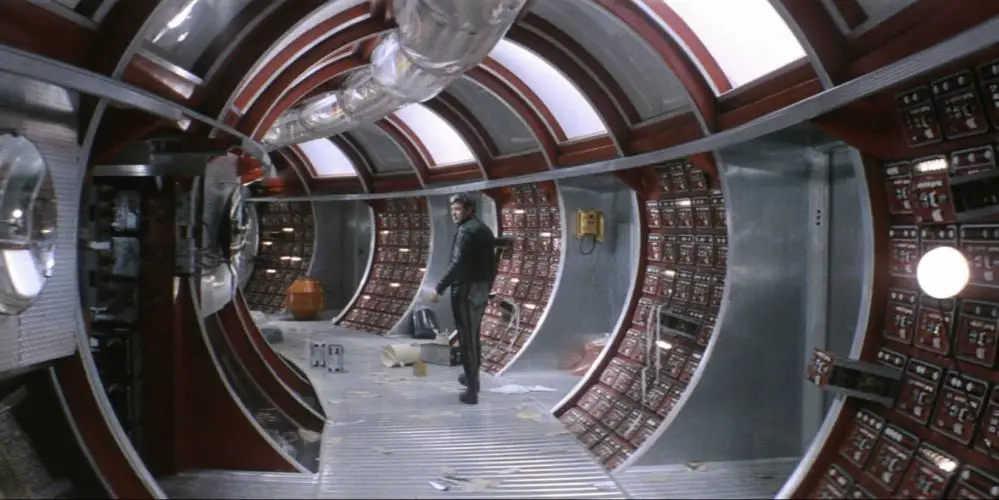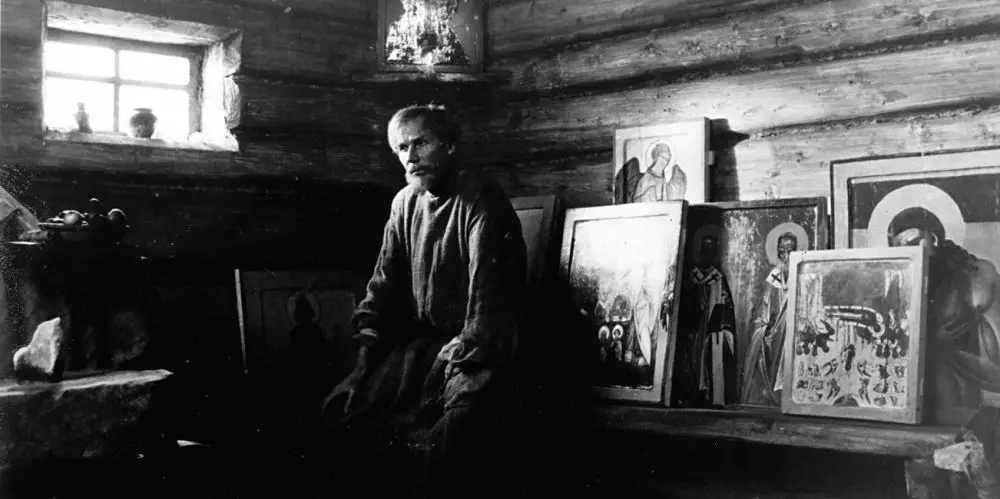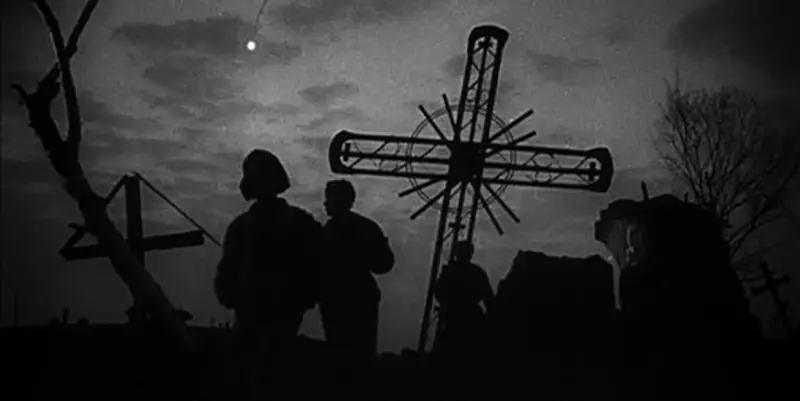sculptures in time

In Tarkovsky’s 1972 film Solaris, Kris Kelvin (played by Donatas Banionis) journeys to a space station on the sentient planet Solaris in order to investigate whether the planet is still useful for scientific inquiry. Critics at the time considered Andrei Tarkovsky’s 1972 film as the Soviet answer to Stanley Kubrick’s famed 1968 film, 2001: A Space Odyssey.

For Russian director Andrei Tarkovsky, the artist was inextricably joined to his society, both its benefits and its ills. Tarkovsky defined these colloquies between society and an individual artist as “dialectics of personality.” In other words, individual development was indefinably caught-up within personal and distant interactions with a society.

About midway through Andrei Tarkovsky’s feature 1962 film debut of Ivan’s Childhood, in the midst of a Russian battlefield field torn asunder during World II, a cross is backlit by a setting sun. The cross is obscured in shadow and yet its beauty remains. A spiritual man, Tarkovsky was never afraid to ask questions about spiritual matters.


